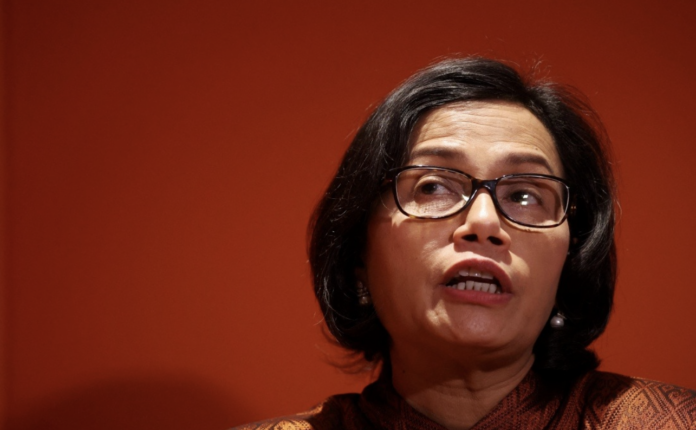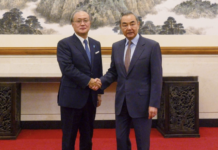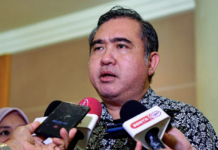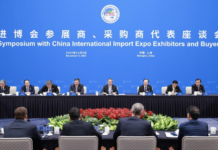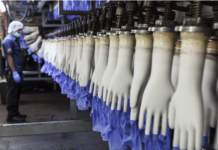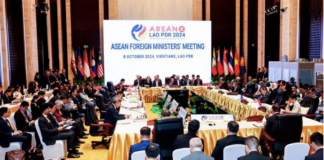JAKARTA, Aug 24 – The Indonesian government is still in the process of devising rules and regulations that will govern the imposition of carbon tax in an effort to suppress carbon emissions, Finance Minister Sri Mulyani Indrawati said, reported Indonesian News Agency (Antara).
During the Indonesia Net-Zero Summit in Jakarta on Saturday, the state treasurer remarked that the government is also investing time and efforts to ensure the preparedness of businesses and industries in order to make carbon tax an effective policy.
Indrawati then drew attention to the existing carbon market mechanism, saying that it does and will continue to play a pivotal role in putting a lid on emissions.
“I believe it is vital that we continue to make the most of this mechanism as an instrument for controlling emissions,” she noted.
The minister, however, did not divulge any details on when the carbon tax policy will be rolled out officially.
Earlier, the Coordinating Ministry for Economic Affairs revealed that the carbon tax would be implemented in two phases in accordance with the road map that the government is currently preparing.
“The initial phase of the carbon tax road map is proposed to only regulate the implementation of the tax in the power plant subsector,” the ministry’s Deputy III for the Development of State-Owned Enterprises, Research and Innovation, Elen Setiadi, remarked here on July 23.
For the second phase, he said the carbon tax will also be imposed on the transportation sub-sector that uses fossil fuels.
“The imposition (of carbon tax) on these two sectors is expected to cover around 71 per cent of emissions in the energy sector, namely 48 per cent from power plants and 23 per cent from transportation or around 39 per cent of Indonesia’s total emissions,” he said.
The Indonesian government has taken a range of measures to promote the adoption of the green economy and achieve zero emissions by 2060, including launching the Indonesia Carbon Exchange (IDXCarbon) on Sept 26 last year.
IDXCarbon has facilitated carbon transactions, with a total value of 36.7 billion rupiahs (around US$2.3 million), during the period from its inception to June 30, 2024. The value is derived from the total trade volume of 608,000 tonnes of carbon dioxide (CO2) equivalent.




